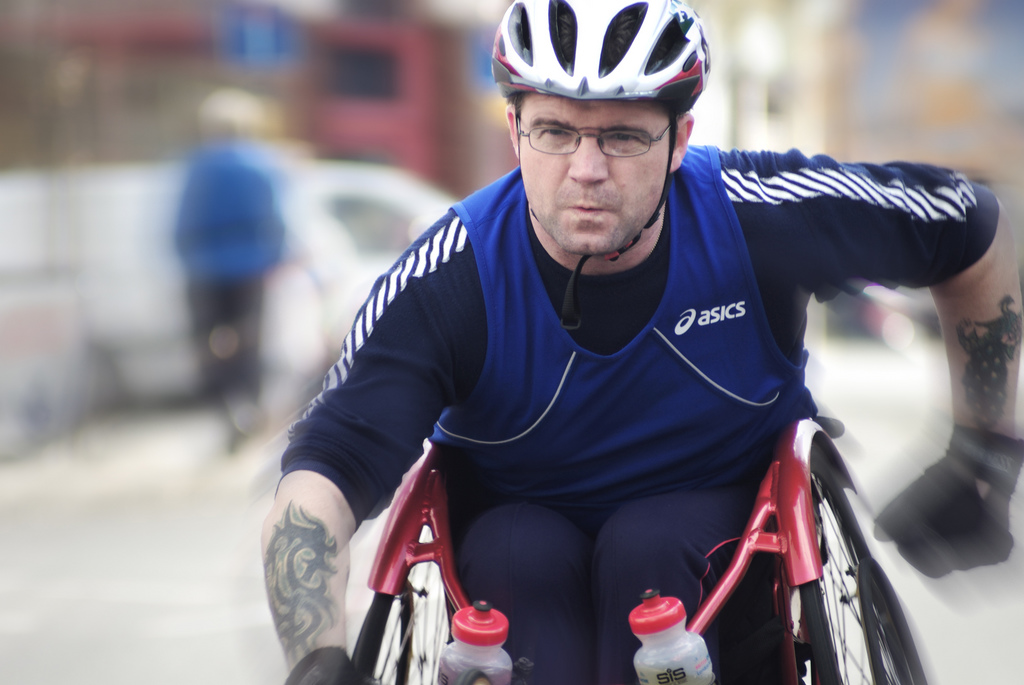When it comes to dealing with a disability, the effects often go beyond the physical. From mobility folding scooters to physiotherapy, the physical aspects of living with a disability are often emphasized when people speak about health care or accessibility. However, it is important to remember that the psychological effects of disabilities are just as important. If you are curious about the psychological impact a disability may have, please consider the points below.
Stages of Adjustment
Making the adjustments needed to live with a disability can be a long and arduous process. It is also often filled with a flurry of powerful emotions. For example, many people who become disabled may experience a type of shock that is characterized by emotional and physical numbness. Next, they may enter a denial stage that may last for months, and which acts as a defense mechanism to allow for a more gradual adjustment.
Anger and deep sadness may then come to the fore as these individuals react to the loss they experienced and the changes in lifestyle that come with it. Finally, many people enter an acceptance stage where they begin to come to terms with their disability.
During the acceptance stage, these individuals are not happy about being disabled. However, they are now ready to dismiss false hopes or despair and make the most of their new life. People generally progress through these stages at their own pace. Some individuals may take weeks, while others may take months or even longer.
Self Image
Waking up to the new reality of living with a disability may adversely impact a person’s self-image. However, it’s important for the individual to remember that he or she is still the same person.
As much as possible, disabled individuals are urged to maintain the beliefs and attitudes they had prior to the disability. In many cases, the talents, fears, social skills, and mindset that help to define the person they are, are still intact.
Disabled people who develop a low sense of self, are at risk of developing other adverse emotional concerns such as anxiety and depression. In these cases, encouragement from friends and family may prove to be ineffective. However, a trained mental health professional may be able to provide practical help and lasting relief.
The Emotional Effects
As previously mentioned, depression is a possible psychological outcome for people with disabilities. However, this does not have to be the case. Many disabled people are able to rise to the challenge of living a new life and may seek employment or involvement in family or social activities. Nevertheless, even these courageous individuals need a strong support network of friends and loved ones who provide advice and encouragement.
In addition to seeking the help of a qualified therapist, individuals with disabilities may make use of other resources such as support groups, functions, and retreats. Family members may also do their part by becoming more educated about their loved one’s disability and how they may provide assistance. While the psychological impacts of disability are becoming better understood, the fight for a high quality of life for disabled individuals is still ongoing.
Image courtesy of Dominic Richards


